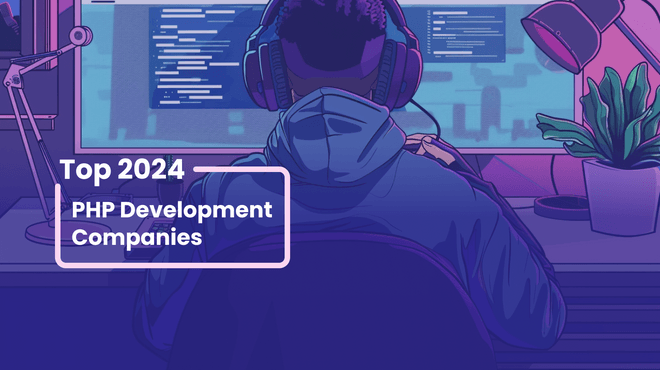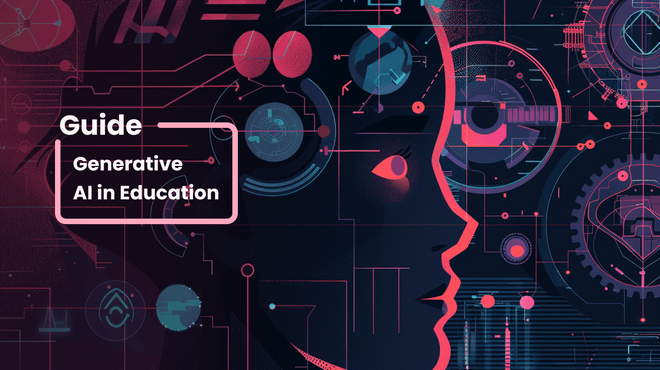AI Myths & Job Security: Will Robots Take Our Jobs?

There is a view that AI is leading us to a dystopian future, that it will eventually lead to the end of the human race. Even world renown scientists like Stephen Hawking express concern over what the future may bring. Let’s look at some of the myths that surrounds AI and ask if we should really be worried.
Job Security
One of the major concerns is that AI will mean job losses. This fear is not new and was expressed in both the agricultural and industrial revolutions. In reality there were no fewer jobs, but the type of job that was available changed. Where menial and difficult work was done by machinery, newer sectors expanded, grew and provided new work opportunity. It is likely that this will also be the case with AI.
AI is developed to work with human beings rather than replace them. Over time some roles will die out and be replaced with new roles to fit society’s needs but by 2030 it has been estimated that around 30% of human labor need worldwide could be eliminated by AI. There is going to be dramatic change in the workplace and new jobs will emerge but it is reasonable to expect that there may be large numbers of unemployed people initially while adaption takes place. There have been calls for the educational system to take steps now to ensure that society is prepared for these changes.
Most industries are now embracing AI and as each new industry comes on board the type of AI and its function will impact jobs in that industry.
The Rise of Corporations
In science fiction the future sees the rise of huge corporations that run the planet and have access to all the great resources provided by AI. It is true that large corporations are investing in AI, but it is also true to say that smaller companies are also investing and using outsourcing to stay current and competitive. It is more realistic that AI will become the norm for everyone and taken for granted.
AI Leads to Fake Humans
AI is only designed to do certain things and while there may well be devices that are designed to interact with humans, they are not going to have anywhere near the complexities of a human being. The concern is that this will change over time, however while a machine may display human characteristics they do not behave like human beings. Those that do tend to show only one aspect of human function because they lack design and programming to do otherwise. To develop a humanoid robot would mean massive investment in research and development for very little benefit and so it is unlikely that a fake human android will become a societal norm.
AI Is Self-Learning
The fear of a machine becoming superior misses the fact that AI doesn’t learn independently from the data it is given. It uses historical data to understand a problem and over time, as new data is fed into it, it learns from mistakes and becomes better at what it is designed to do. All of this needs human input and will not happen on its own.
The Future
AI investment hit an all-time high in 2018 so it is likely that we will see huge changes in the next decade.
If you’re looking for a company that provides software testing and quality assurance services and other software development services, contact us.



